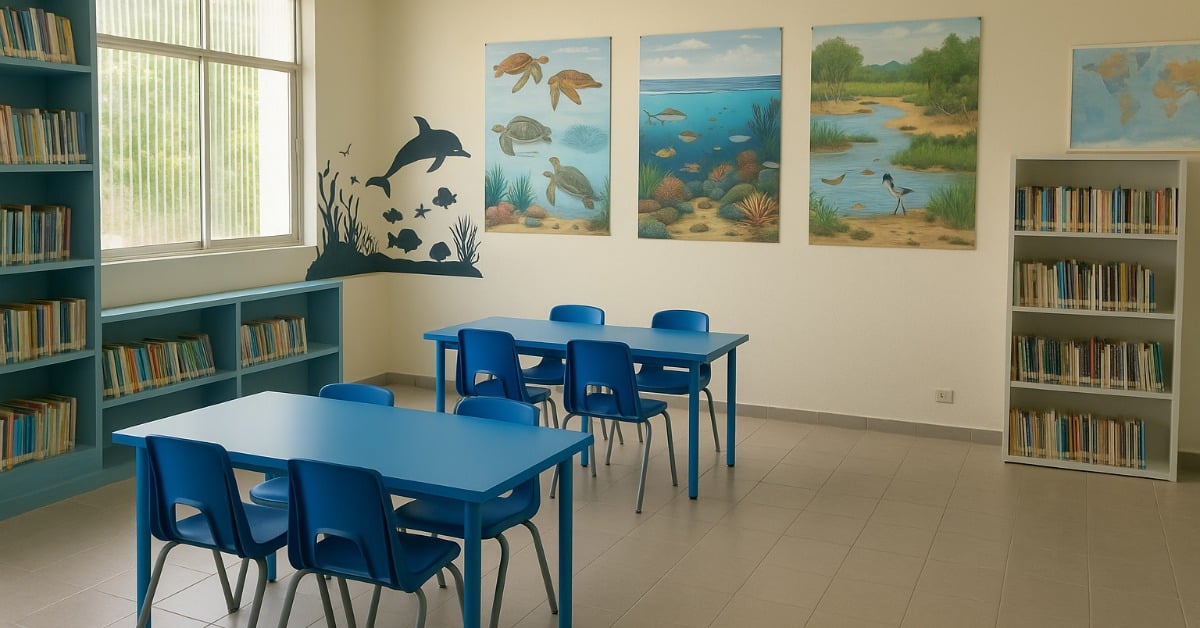In Progreso, Yucatán, community leaders, universities, and local businesses launch the Aula Azul to inspire marine conservation . . .


In Progreso, Yucatán, community leaders, universities, and local businesses launch the Aula Azul to inspire marine conservation . . .
